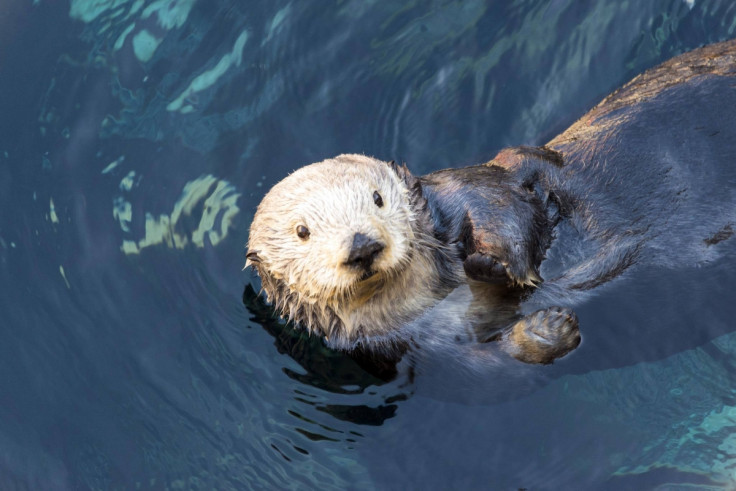Californian sea otters defy climate change by altering their lifestyle

Sea otters, humpback whales and porpoises are adapting to their changing environments in California, say researchers. Reports suggesting marine animals are changing their lifestyle, to counteract the effects of climate change, were presented at the Society of Marine Mammology's Biennial Conference.
Marine ecology experts described how a number of mammals are adapting, including otters, blue whales and porpoises. With that knowledge, they say, we can begin to predict how the environment will look in the future.
Alyson Fleming, author of a study which showed humpback whales changing their feeding habits between summer and winter, said: "Whales can be great indicators but only if we know what they are indicating. Once we know that, they can shed light on the whole ecosystem as it is today and help us predict what it might look like in the future."
Sea otters are beginning to be spotted in southern and central California once again. They reached their carrying capacity – the maximum amount of individuals for an area given the available food and shelter – in the centre of the state, and have therefore been forced to migrate elsewhere.
Now that they are being found again in the south, they are restoring the ecosystem by predating on invasive species in the area and overpopulated sea urchins.
"The real story here is that we probably need sea otters more than they need us," said Tim Tinker, presenter of the findings. "They play key roles in the functioning and resiliency of kelp forest and estuarine ecosystems that provide a wide range of services to human societies."
Experts have also recorded the presence of harbour porpoises around the San Francisco bay area. This is the first time in 60 years that porpoises have been spotted in the Bay, after they were forced out by the presence of World War II vessels. The recolonisation shows an improved health of the ecosystem and habitat recovery, say the scientists.
The marine mammal researchers believe the adaptation of these species comes at a very good time, as the environment is expected to change considerably over the next year.
"We've seen a record warm year off California in 2014 and this year is lining up to be a huge El Nino," said Jay Barlow, research scientist with the NOAA Fisheries. Barlow adds that he is concerned about the pinnipeds – marine mammals including sea lions and walruses – more so than cetaceans which can fluidly move about the ocean, including whales and dolphins. He said that pinnipeds are tied to a certain environment, which could change with global warming.
About 2,000 marine scientists attended the conference, which had its first meeting in California for 25 years.
© Copyright IBTimes 2025. All rights reserved.






















